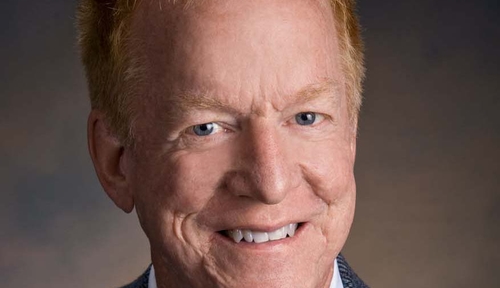“No, it can’t be.”
The 54-year-old man had a nagging cough, but everything else was “just fine.” Why, he’d even lost 10 pounds without really trying. I had just showed him his chest X-ray with a cancerous mass.
“But I eat like a bird.”
She was a thirty-something diabetic with a blood sugar over 300.
“I can’t afford to take care of my baby.”
The single mother needed costly formula for her newborn’s nutritional challenges.
The diagnosis is clear. The treatment is defined. Yet there are still so many obstacles. So much more crowds around the straightforward care that’s needed. It’s their story, much more than their disease, that needs attention.
While medical schooling prides itself in conveying the art of diagnosis and treatment, the real world shows there’s much more to patient care. Being able to diagnose and treat is a necessity, but each patient has a unique constellation of situational life factors that influence the success of the expert clinical approach.
A group at Oxford University in England is trying to get those stories heard by establishing a forum to collect the voices behind the illness. Clinicians and patients alike are finding solutions and comfort from the project.
At healthtalkonline.org, the Health Experiences Research Group (HERG) share people’s real-life experiences by video, audio and written postings covering more than 75 subjects. Typically 40-50 people have been interviewed for each subject with key themes emerging after research analysis. Video and audio clips tell the different experiences described by real people.
Exactly what does it really feel like to be sick?
Clinicians are helped by better understanding the nature of how a disease can impact the individual lives of persons and their families.
For example, clinical depression has symptoms that are taught in medical school with defining phrases such as “a loss of motivation” or “concentration difficulties.” But the man who reports that it is like “rotting in the depths of hell” gives a more insightful description. “It’s like I’m inside a very thick balloon” another woman said. Those sentiments evoke the experience of the individual patient more clearly.
Patients benefit from these stories also. The encouragement that comes from hearing someone share their feelings helps patients pursue advice on their own conditions. Families gain insights into how their loved ones may be coping with a concern. HERG’s research methods intend to capture a full range of experiences with each health condition.
Dr. Ann McPherson, cofounder of HERG, shares her own personal story of when her pancreatic cancer had returned in 2009. She passed away in 2011 of the disease, but her insights joined a legacy of hundreds of others about how it feels to not feel well. Maybe it helps the rest of us feel better.
Through world-class research and patient care, UNMC generates breakthroughs that make life better for people throughout Nebraska and beyond. Its education programs train more health professionals than any other institution in the state. Learn more at unmc.edu and follow us on social media.
Twitter | Facebook | Pinterest | YouTube
